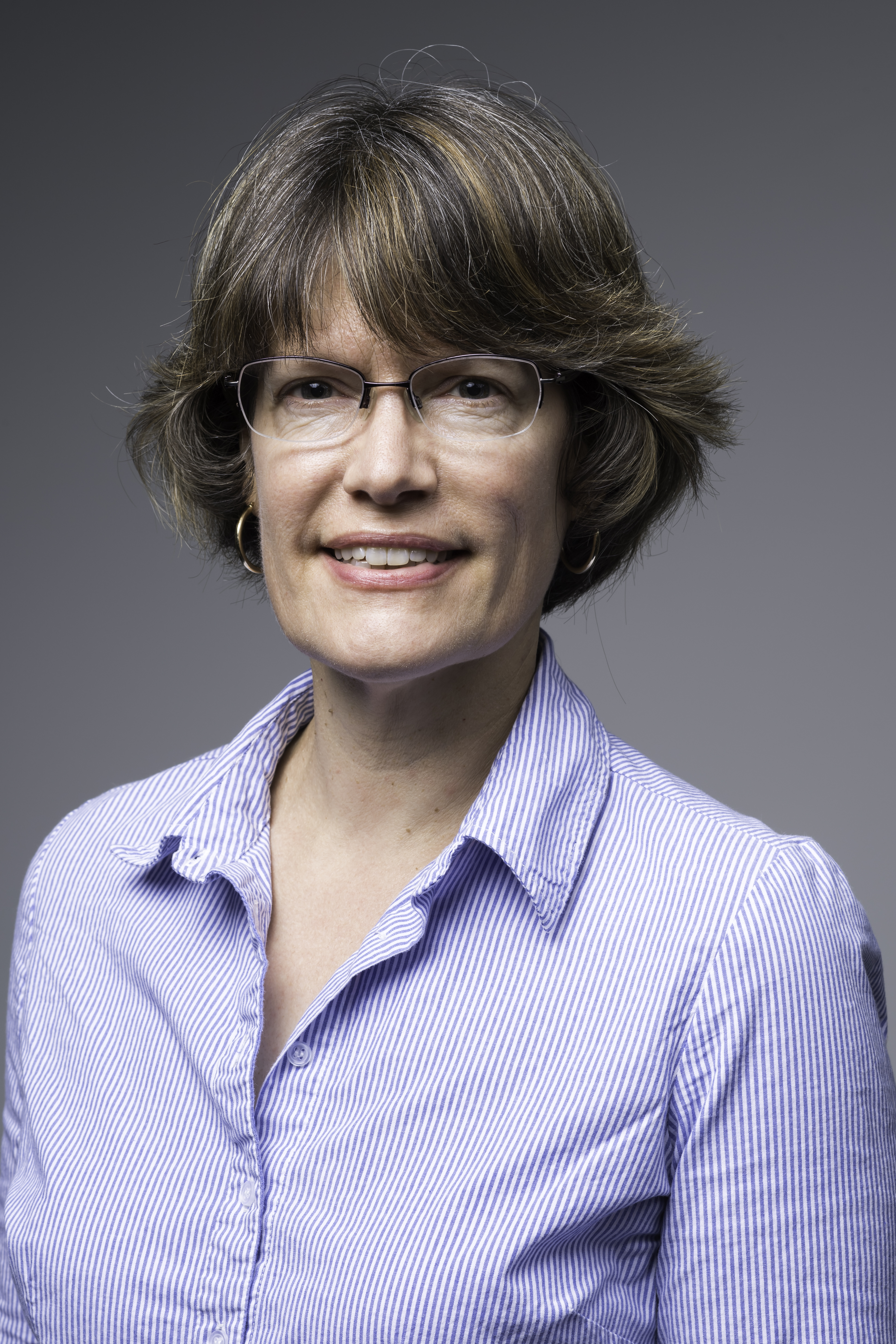
Katherine Schaefer, PhD
Professor
Writing in the Majors Coordinator
PhD, Carnegie-Mellon University
- Office Location
- G-121F Rush Rhees Library
- Telephone
- (585) 276-5685
Office Hours: By appointment
Biography
How does a biologist become a Writing-in-the-Disciplines (WID) specialist?
After eight years as an RNA biochemist and thirteen as an immunologist, I started to become very interested in how scientists use writing. Writing allows scientists to develop research questions, obtain the funding to investigate those questions, and then convince the larger scientific community to accept our interpretation of the results. However, although I could do these things, I had never thought consciously about how I had learned, or what framework underlay my writing choices. And I didn’t have any sense of how I might teach others, other than how I learned: by trial-and-error.
These turned out to be very interesting questions. As I learned more, I realized that they were fundamentally questions about how writers in any community or academic discipline learn to write. Thus, in my research and teaching work, I focus on genre pedagogy. This approach focuses on students as apprentice members of academic and professional communities and guides them through learning more about how and why the community writes the way it does. With this knowledge, students are better able to understand the different types of writing they encounter, and how to assess the probable effect of their writing choices on readers. Over time, this approach helps develop flexible communicators who able to tailor their writing to a range of communities and needs.
As a writing instructor and Writing in the Disciplines specialist, genre pedagogy guides the way I introduce students to university-level writing expectations as well as the way I mentor students who are beginning to understand the often unstated and sometimes contradictory expectations in the academy. Genre pedagogy also underpins the materials that I have developed as the coordinator of the Writing-in-the-Majors program. And finally, this approach centers my scholarly work, which has focused on visualizing the many overlapping scholarly communities that any academic is part of and the genres that those communities use. By doing this visualization, it becomes easier to understand how certain writing choices—even including correctness and flow—can be a matter of genre expectations rather than fixed rules. It also sheds light on the ways that interdisciplinarity can lead to very complicated writing concerns.
Highlights
2018 External reviewer for promotion, Case Western Reserve University SAGES
2019 Goergen Award for Excellence in Undergraduate Teaching http://www.rochester.edu/college/ourfaculty/goergen/
2021 Outside reviewer for Routledge | Taylor & Francis Book Proposal
Latest scholarly publication
Rossen-Knill, D. F., Schaefer, K., Bayne, M., Gegg-Harrison, W. M., Crasta, D., and DeMauro, A. (2024). A multidisciplinary exploration of flow in writing. Taylor and Francis. DOI: 10.4324/9781003459460. Open Access: https://library.oapen.org/handle/20.500.12657/89505
